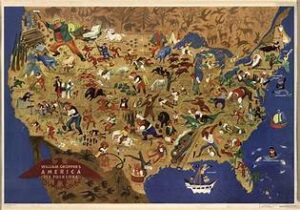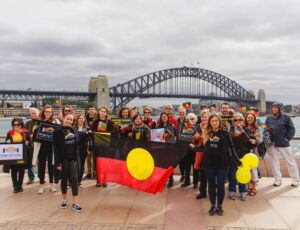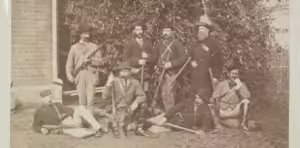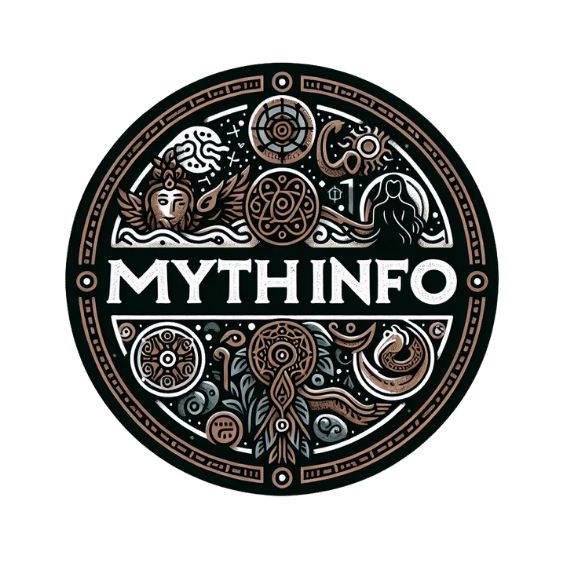
Folk heroes have captivated human imagination for centuries, embodying the values, struggles, and aspirations of societies throughout history. These legendary figures often emerge from humble beginnings, overcoming insurmountable odds to become symbols of courage, justice, and rebellion. This article delves into the lives and legacies of some of the most iconic folk heroes who have left an indelible mark on history.
The Archetype of Folk Heroes
Folk heroes are typically characterized by their extraordinary abilities, moral integrity, and their role as champions of the common people. They often stand as symbols of resistance against oppression or injustice, inspiring future generations with their bravery and resilience. From Robin Hood to Joan of Arc, these figures transcend their historical contexts to become timeless symbols of heroism.
Robin Hood: The Outlaw Who Became a Legend
One of the most enduring folk heroes is Robin Hood, the legendary outlaw of medieval England. According to folklore, Robin Hood lived in Sherwood Forest and stole from the rich to give to the poor. His story is deeply rooted in the struggle against tyranny and the pursuit of justice. Although historical evidence of Robin Hood’s existence is scant, his legend has been immortalized in countless ballads, stories, and films. The character’s popularity underscores the universal appeal of the archetype of the benevolent outlaw fighting for justice.
Joan of Arc: The Maid of Orleans
Joan of Arc, a peasant girl from 15th-century France, is another towering figure in the realm of folk heroes. Claimed to have received divine visions instructing her to support Charles VII and recover France from English domination, Joan led the French army to several important victories during the Hundred Years’ War. Her bravery and leadership earned her the title of “Maid of Orleans.” Joan’s story is a powerful narrative of faith, courage, and patriotism, making her a symbol of national pride and resilience.
King Arthur: The Legendary Monarch
King Arthur, the mythical ruler of Camelot, is a central figure in British folklore. His legend encompasses themes of chivalry, honor, and the quest for the Holy Grail. Stories of King Arthur and his Knights of the Round Table have inspired countless works of literature, art, and film. The blend of historical speculation and mythical embellishment in Arthurian legend reflects the enduring human fascination with idealized leadership and the quest for moral and spiritual purity.
William Wallace: The Scottish Freedom Fighter
William Wallace, a key figure in the Scottish Wars of Independence, is celebrated as a folk hero for his role in resisting English rule. Wallace’s leadership and bravery were immortalized in the film “Braveheart,” though historical accounts of his life vary. His legacy is deeply embedded in Scottish national identity, symbolizing resistance against oppression and the struggle for freedom.
The Real and the Mythical: The Impact of Folk Heroes
The stories of folk heroes, whether based on real individuals or mythical constructs, serve as reflections of societal values and aspirations. They often embody the collective dreams and struggles of their times, resonating with audiences across generations. The legends of these heroes have the power to inspire, educate, and unite people by highlighting shared ideals and historical struggles.
Conclusion
Folk heroes play a crucial role in shaping cultural narratives and historical memory. Through their tales of bravery, justice, and resistance, they continue to inspire and influence societies long after their time. By examining the legacies of figures like Robin Hood, Joan of Arc, King Arthur, and William Wallace, we gain insight into the values and aspirations that have shaped human history. These iconic figures remind us of the power of legend to transcend time and geography, offering timeless lessons in courage and resilience.

